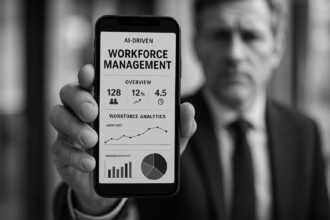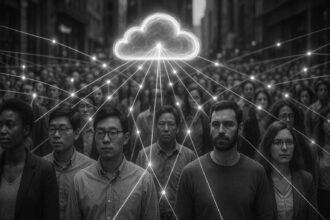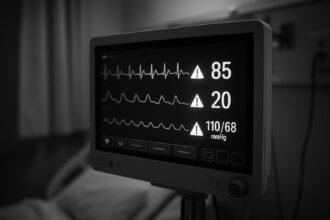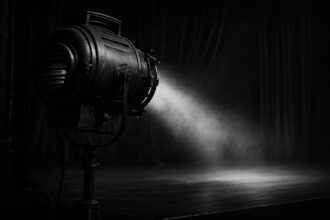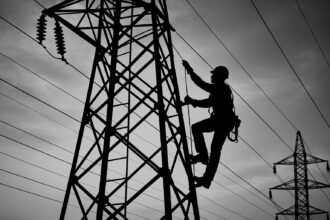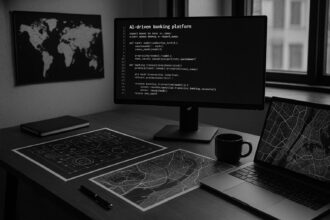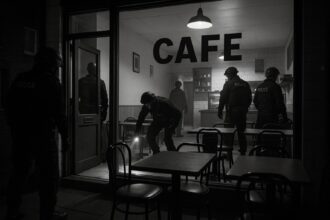Former US President Donald Trump faces a trial in Manhattan on charges related to payments made to actress Stormy Daniels. This historic case, marking the first trial of a former president, could significantly impact his political future.
Former President Donald Trump is on trial in Manhattan, facing charges of falsifying business records related to payments made to silence adult film actress Stormy Daniels ahead of the 2016 election. This marks the first trial of a former US president. Trump, who is concurrently campaigning for a return to the presidency, could face up to four years in prison if convicted.
The allegations claim that $130,000 was paid to Trump’s former lawyer Michael Cohen and logged as legal fees by Trump’s company, which prosecutors assert was to cover up the true purpose. Trump’s defense argues that these were legitimate expenses. Throughout the proceedings, Trump has maintained his innocence, describing the charges as politically motivated.
The trial has become a high-profile event, not just due to the charges, but also because of Trump’s political standing. Tensions have been amplified by concerns over impartial jury selection given Trump’s notoriety and the polarized public opinion.
The scene outside the Manhattan court has been marked by heightened security and visible public interest, including both protests and support rallies. Inside, Trump has at times appeared disengaged, reportedly dozing off briefly, before being re-engaged by interactions with his legal team.
As the trial progresses, it continues to attract significant media attention and public scrutiny, reflecting the ongoing political and legal ramifications of Trump’s presidency and his current political ambitions. The trial is overseen by Judge Juan Merchan, who has had to manage not just the legal procedures but also external pressures, including controversies over potential biases and attempts by Trump to communicate about the trial publicly in ways that may conflict with court protocols.





